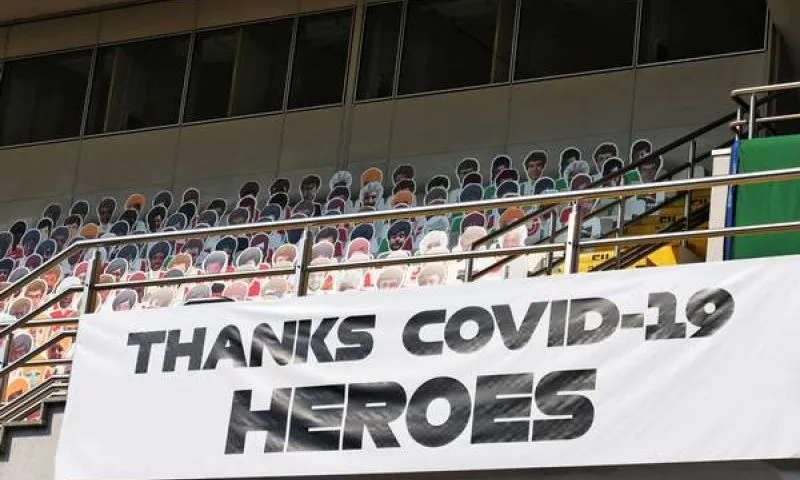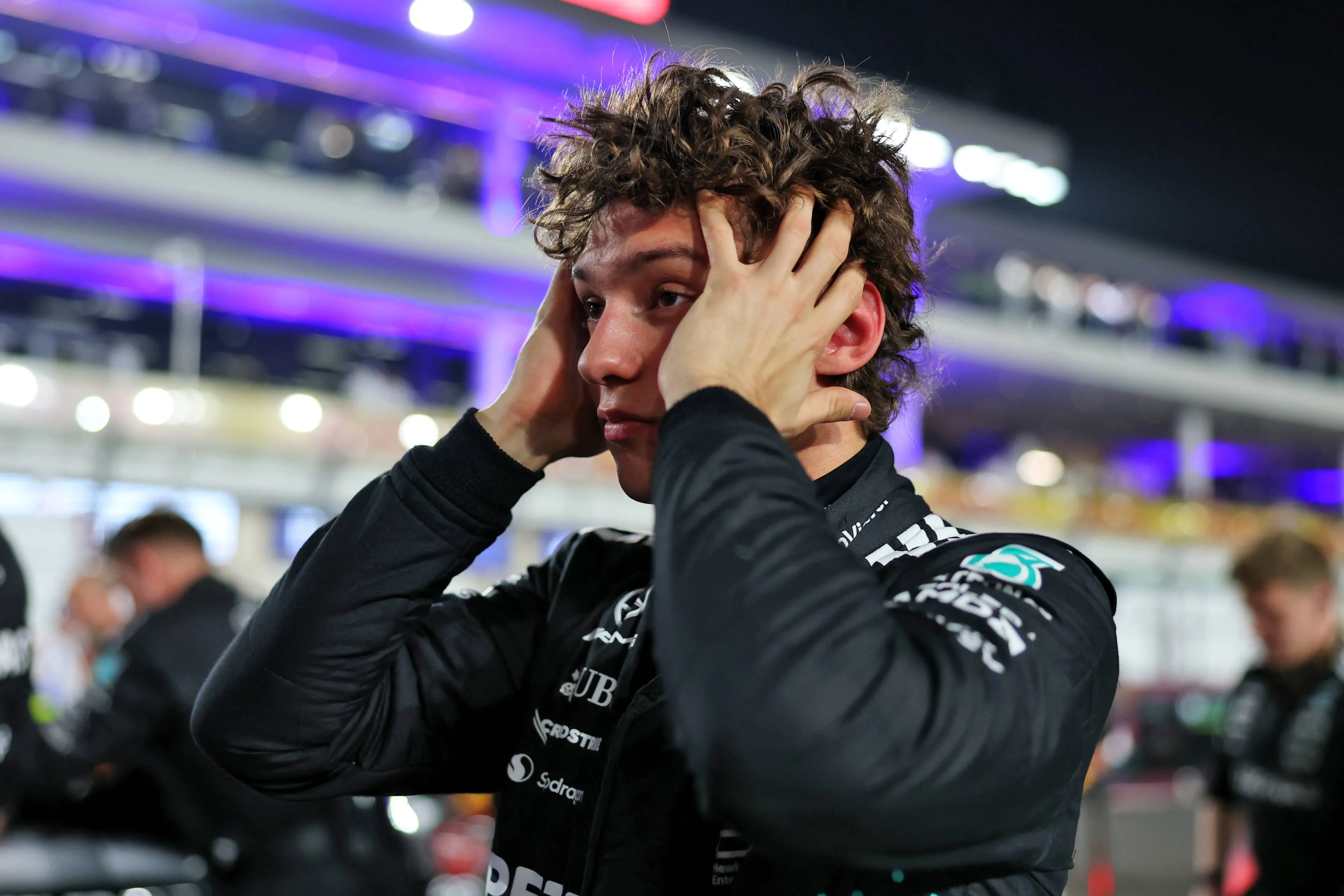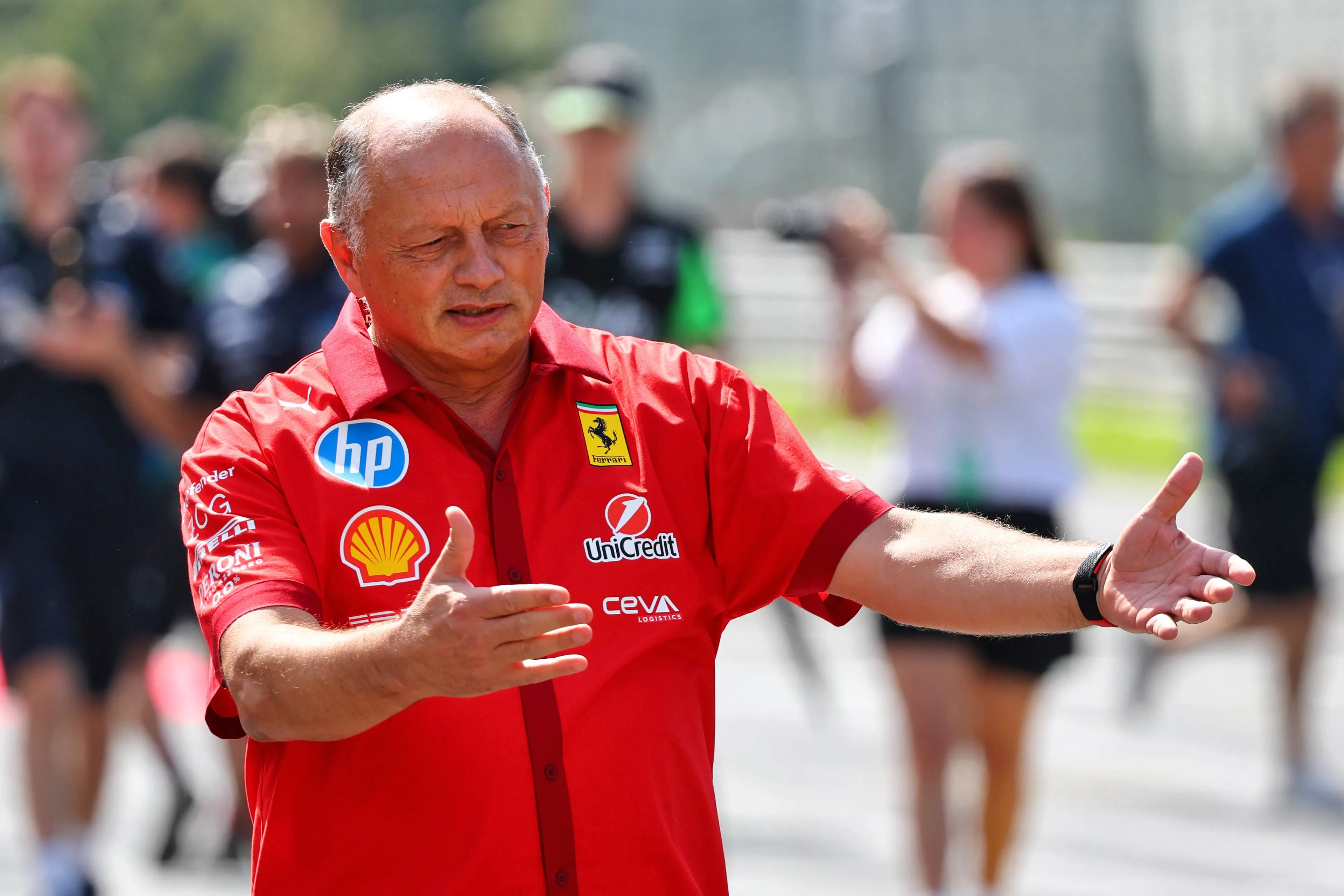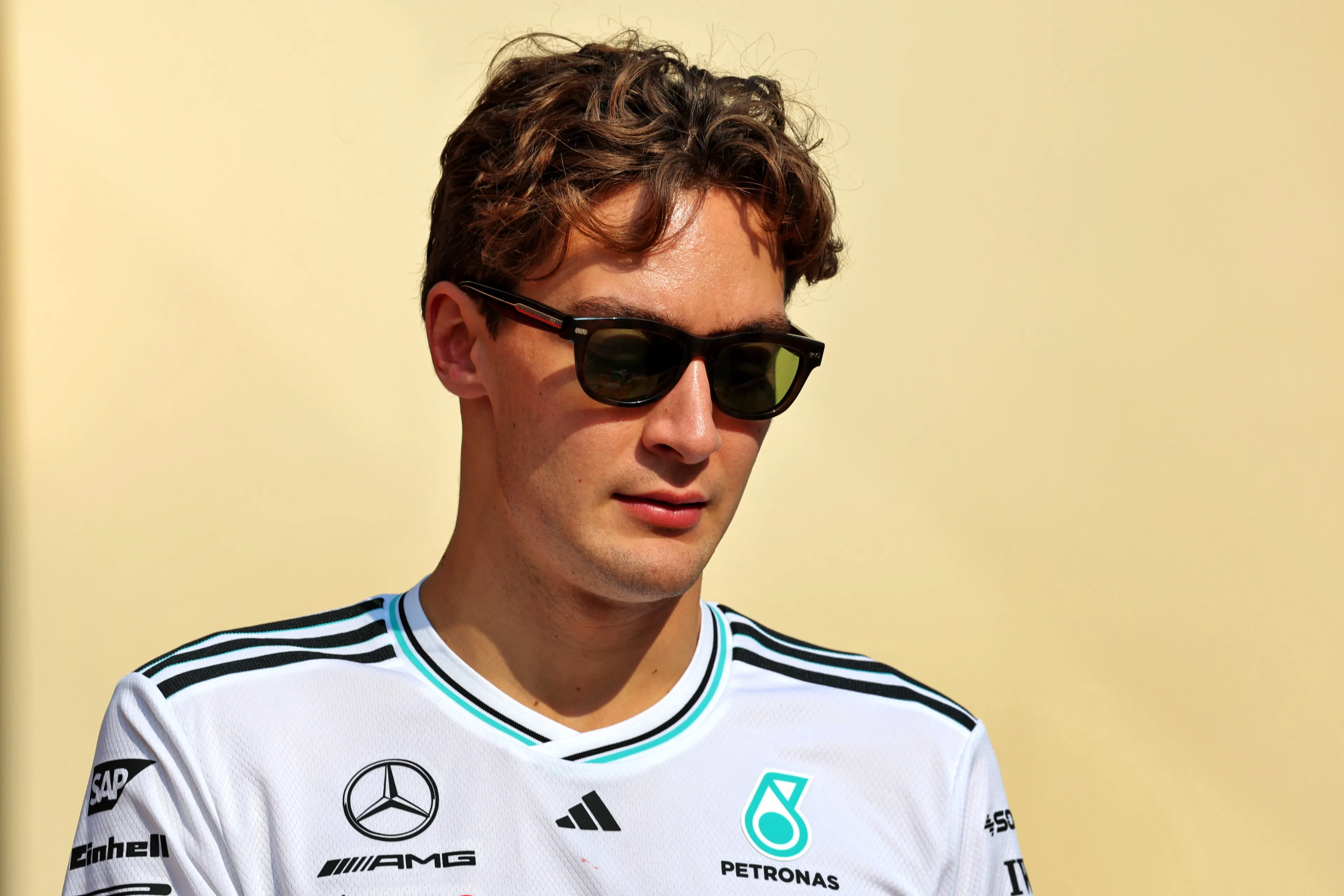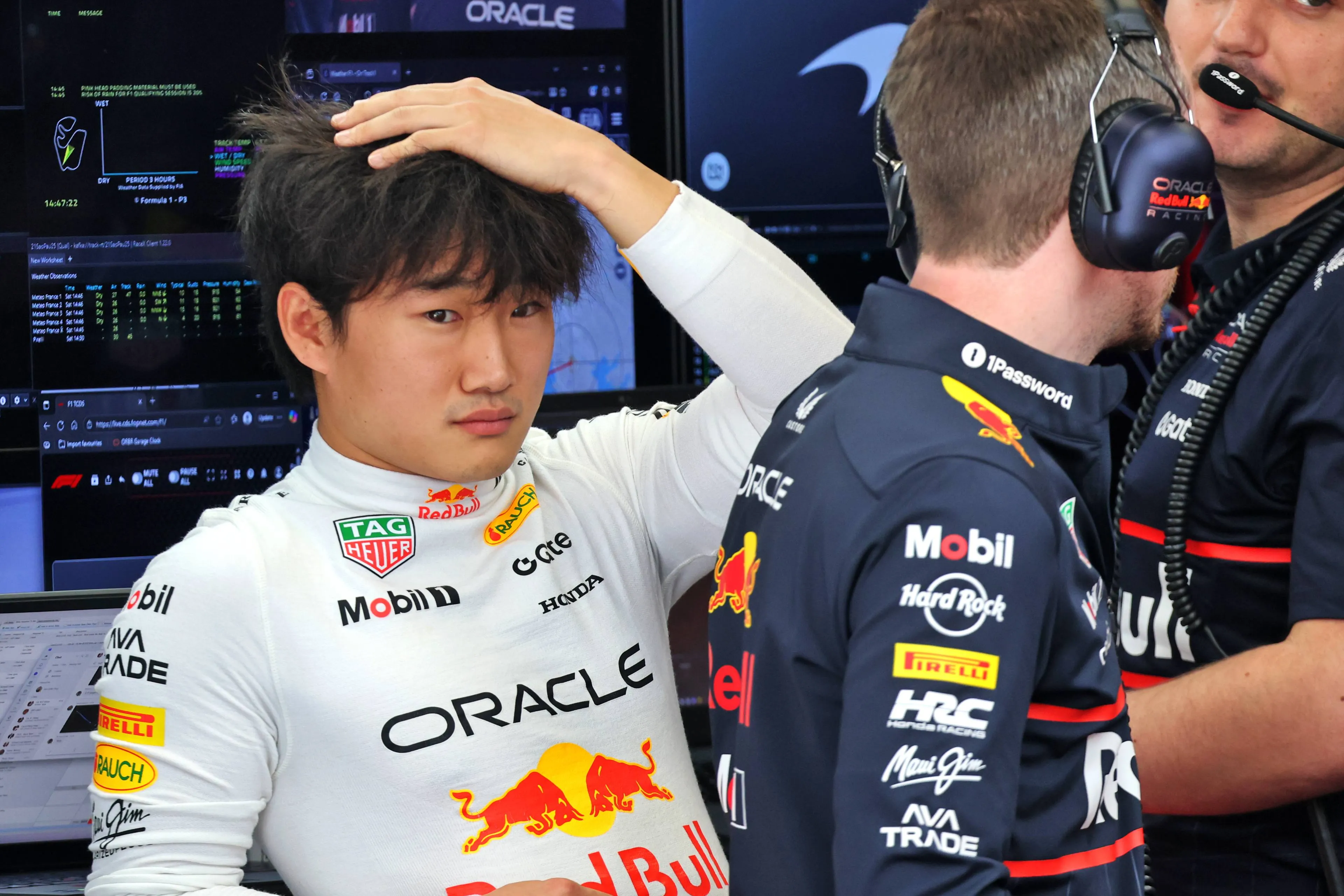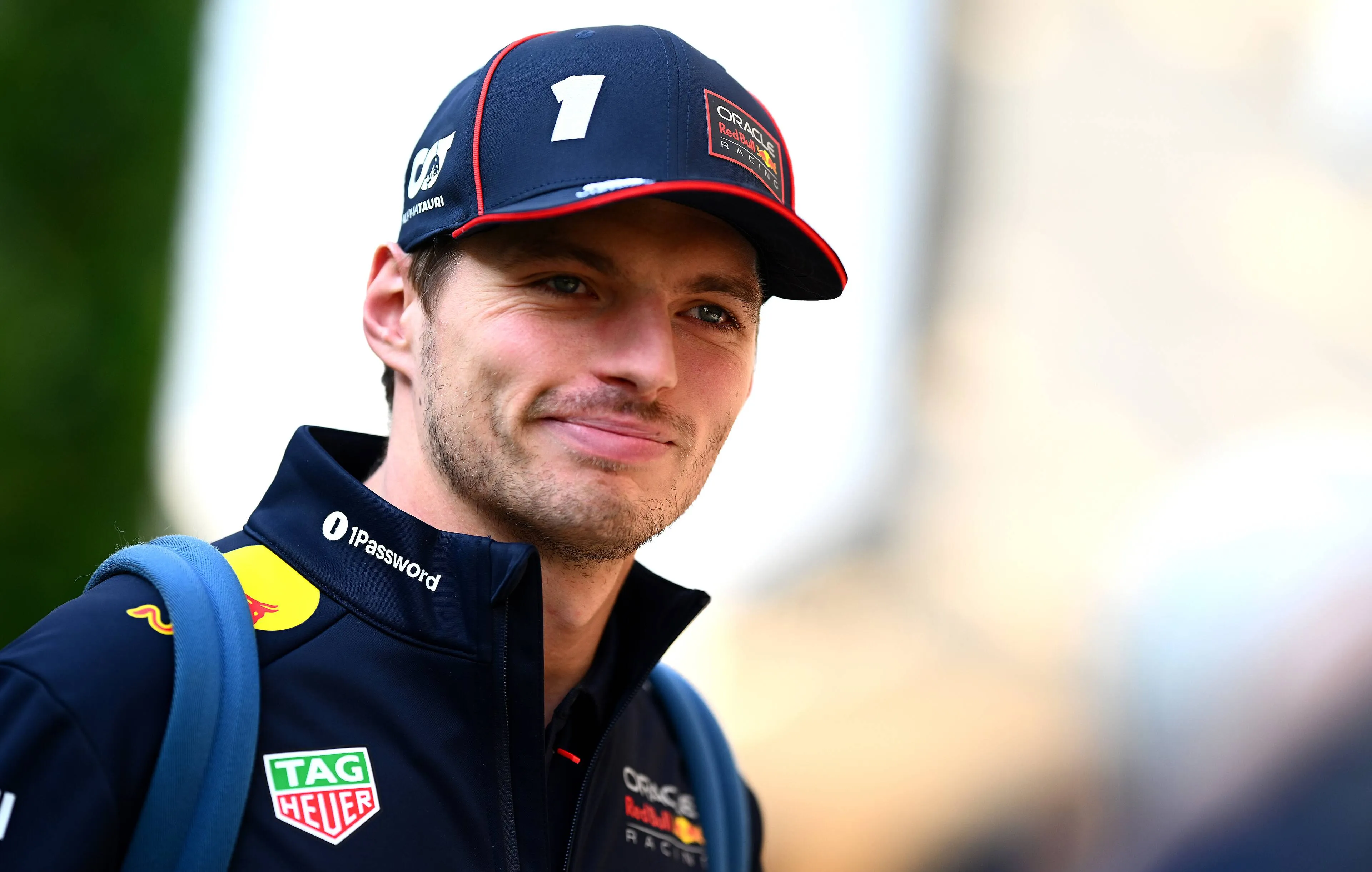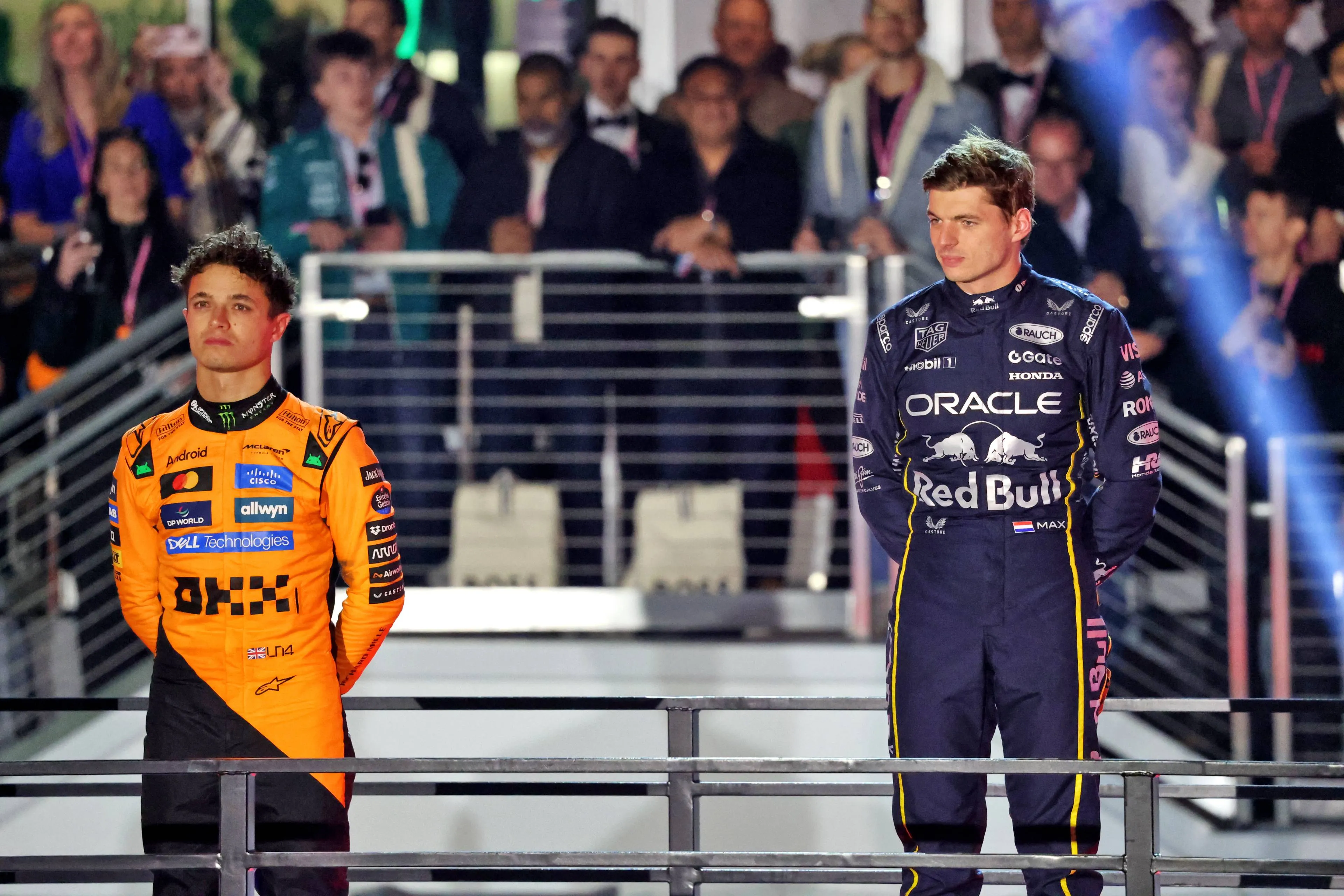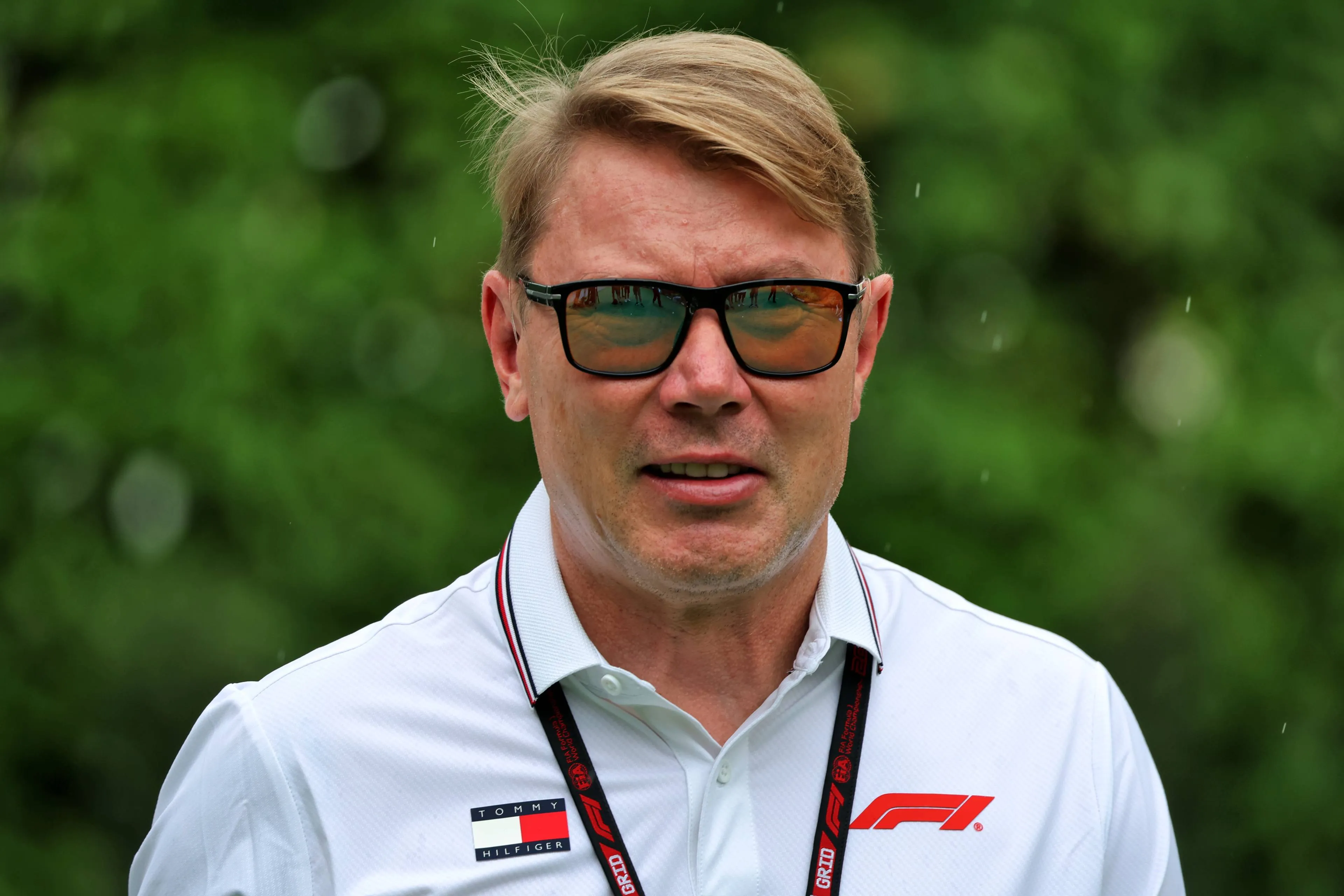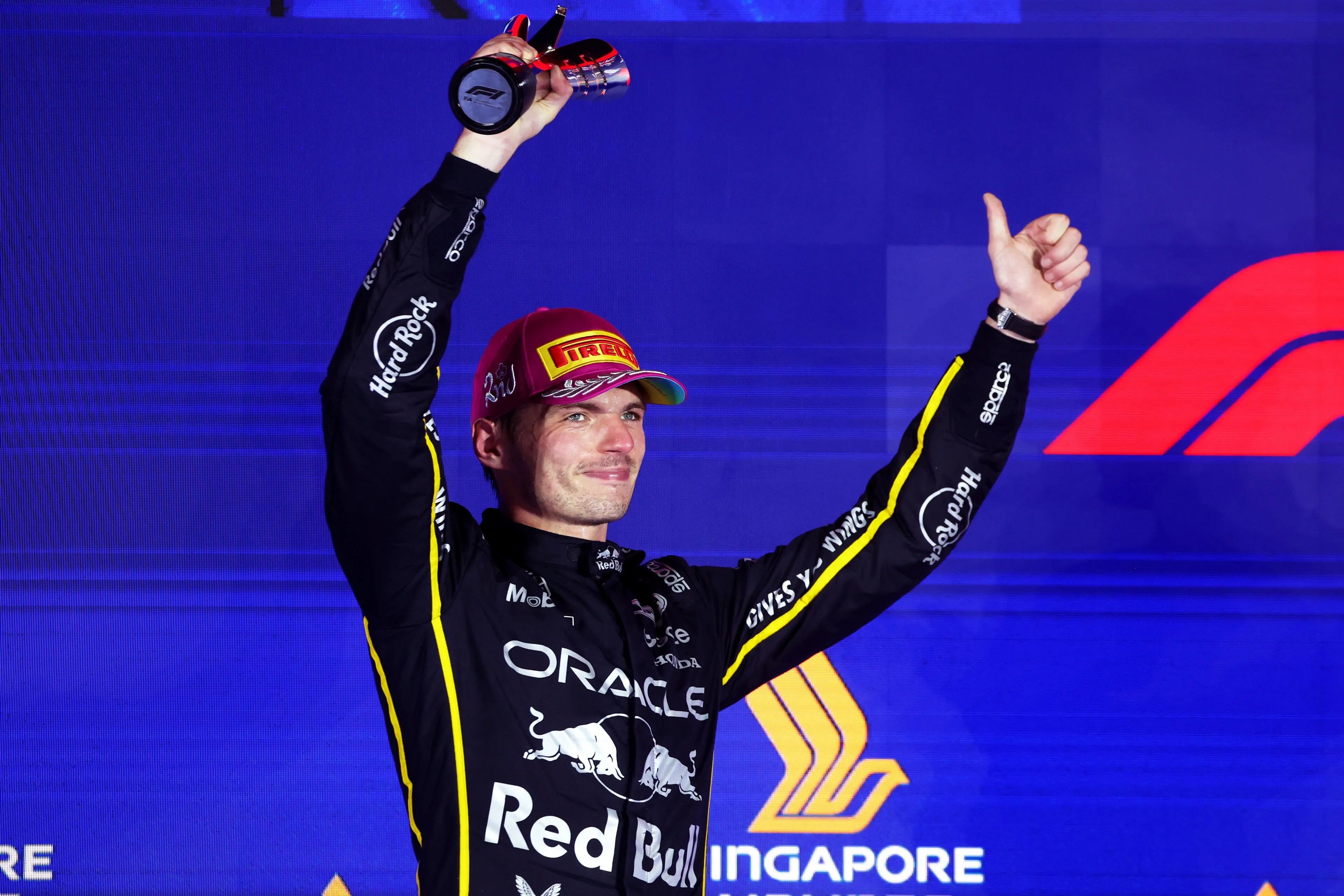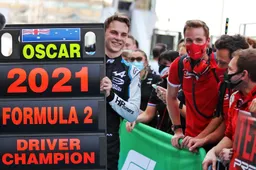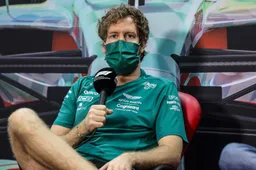2022 will mark the third successive year that the world has experienced the Covid-19 pandemic. F1 is no stranger to this, with having to rapidly create a makeshift 2020 calendar and be open to changes on short notice ever since. Here's how the pandemic can still play a role in the coming season.
Grand Prix cancellation
Since the outbreak of the Covid-19 outbreak in 2020, the F1 calendar has had to see many venue changes for the races to get underway. Both Liberty Media and the F1 hierarchy had to quickly pivot and change attention rapidly, as races were cancelled either due to high cases in an area or government restrictions. Since then, F1 has been in rapid communication with potential replacement venues, keeping them within the radar and on standby. Now that 2022 has come around, the management will be hoping for some more rigidity. As restrictions have begun to decrease and some semblance of pre-covid life returns, many would hope that we get the full, unaffected racing calendar for the coming season.
Driver illness
Drivers go through rigorous testing upon arrival at circuits to ensure that they aren’t infected. Naturally, as they have to travel a lot, the likelihood of transmission is higher. With this, the risk of not being able to have a driver compete in a race weekend is higher. This can ruin momentum for several teams, as a roll of good results can easily be truncated, as well as lead to confusion as to who can occupy the seat on such short notice. Thus, the need for reserve drivers has become higher than ever before. With the off chance of a positive result, the reserve must step in on short notice and perform as best as they can, to continue the team’s fight against their rivals. As of writing, only two reserve drivers have had an on-track experience with the new cars: Pietro Fittipaldi & Robert Kubica.
The response
The motorsport world, yet again, enters another period of uncertainty and intrigue. F1 still must remain ready to change its aims quickly. With restrictions able to be set on short notice, the racing spectacle must continue to shift and take its course. The biggest questions lie around Canada, Singapore, Australia and Japan, considering the consecutive cancellations which they have had to experience. Thus, communication must continue with organisers of other circuits, such as Istanbul Park, the Nurburgring, and Mugello, who all played host to Grands Prix for the disrupted 2020 season.
To ensure the best possible results with a reserve driver, teams will now need to plan a lot more strategically. Having the reserves potentially rotate with the main drivers for free practice sessions would give them crucial on-track hours to adapt and understand the car closely. They can also pursue the elevation of their knowledge by spending more time in the simulators, which will assist them in understanding how the setups map to performances in certain areas, as well as provide support in the development of the cars. Teams will also begin to form agreements amongst one another as to how they can share the reserve driver duties, with the most recent example being Oscar Piastri’s reserve role agreement with McLaren, alongside his commitments at Alpine.
Read more about:
Popular on GPBlog
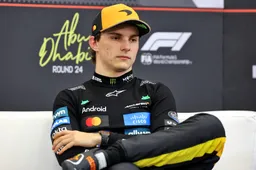
1
Oscar Piastri is in talks with other teams, says ex-McLaren driver
16275 times read
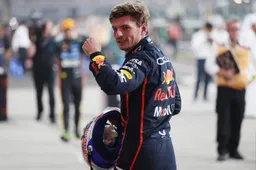
2
Verstappen explains his choice of a new race number for 2026
3993 times read

3
Russell hits the slopes with partner Carmen Mundt after 2025 season
1686 times read
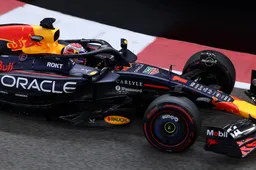
4
Three drivers with a 'new' number: This is the entry list for '26
1560 times read
Loading
